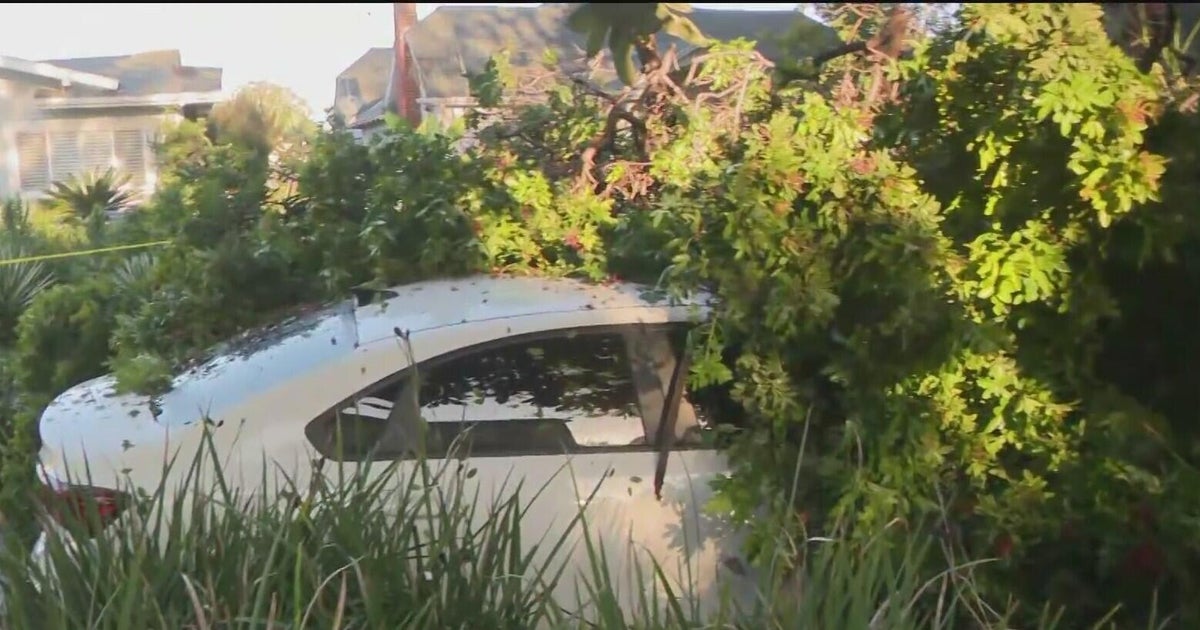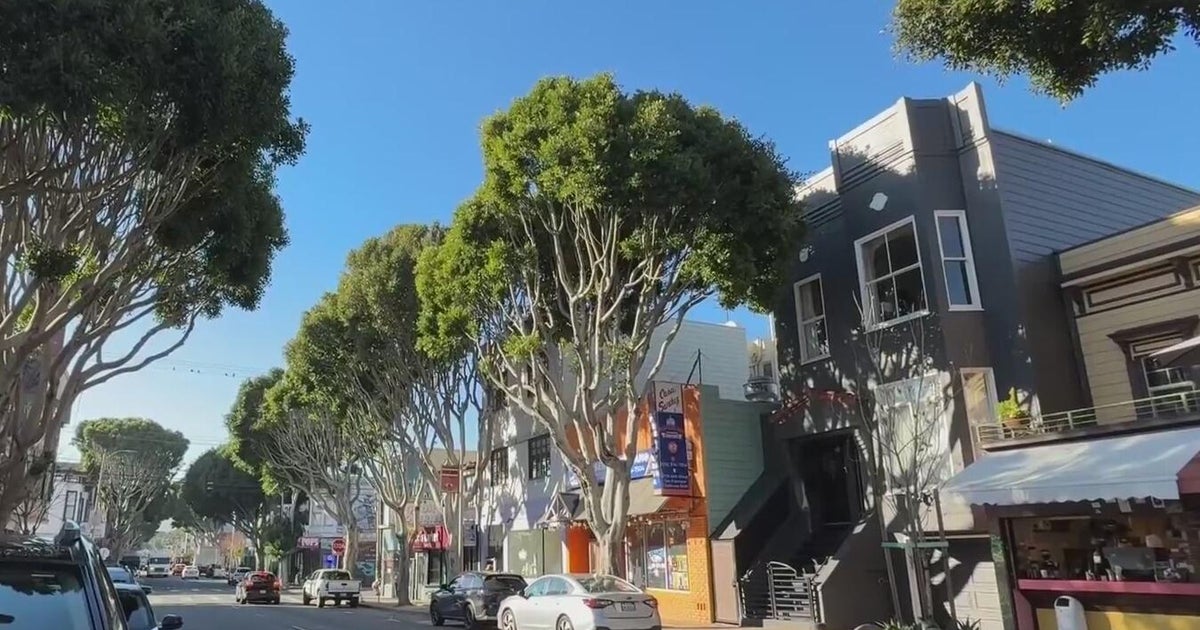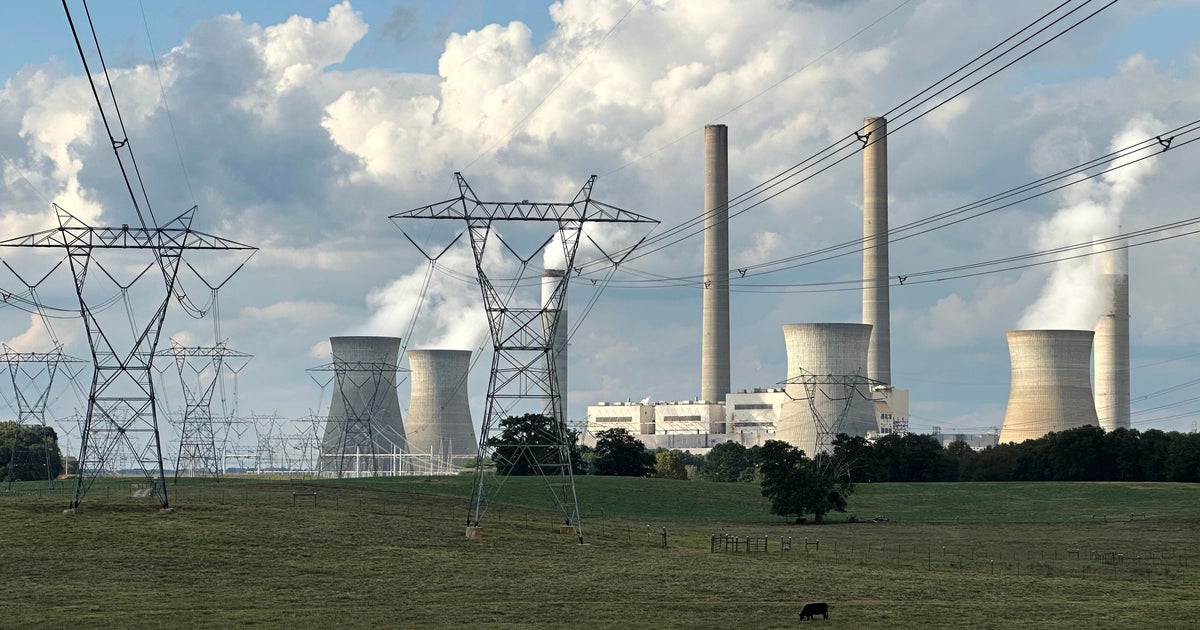LA Basin May Face Summer Power Shortages
SAN CLEMENTE (CBS) — Parts of the Los Angeles Basin and San Diego could face power shortages this summer depending on whether the San Onofre Nuclear Generating Station units remain offline.
"Safety is the top priority during ongoing inspections and testing of the nuclear power plant," said Steve Berberich, president and chief executive officer of the California Independent System Operator Corp., the grid operator for the majority of California's electric transmission system.
"Our focus is contingency planning should SONGS remain offline this summer," he said. "Fortunately, there are resource options available to help mitigate reliability risks. We are actively working with San Diego Gas & Electric, Southern California Edison and others because prudent mitigation planning takes adequate lead time and summer heat is only a couple months away."
Unit 3 of the plant south of San Clemente has been shut down since Jan. 31, after station operators detected a leak in one of its steam generator tubes. Its two steam generators are undergoing extensive testing and inspections in order to fully assess their condition and the cause of the leak. Unit 2 was taken down for planned maintenance Jan. 9.
Neither unit will return to operation "until we are satisfied it is safe to do so," said Jennifer Manfre, Southern California Edison's senior manager of media relations.
Technical studies presented at Thursday's Cal-ISO board meeting show very tight reserve margins for San Diego and the Los Angeles Basin, especially during potential summer heat waves.
Contingency planning will likely include servicing Huntington Beach Power Plant units previously slated for retirement, accelerating completion of Barre-Ellis & Sunrise Powerlink transmission projects, re-activating the 20/20 demand reduction program and Flex Alert TV and radio conservation campaign, according to Cal-ISO.
The ISO peak demand is projected to reach 46,352 megawatts this summer under normal conditions, 923 more than the actual peak of 45,429 recorded in 2011, but less than the 2011 forecast under normal weather, according to the grid operator.
The decrease in the 2012 peak demand forecast is because of a conservative economic recovery prediction by Moody's Analytics for 2012 as compared to its 2011 economic forecast, according to Cal-ISO.







